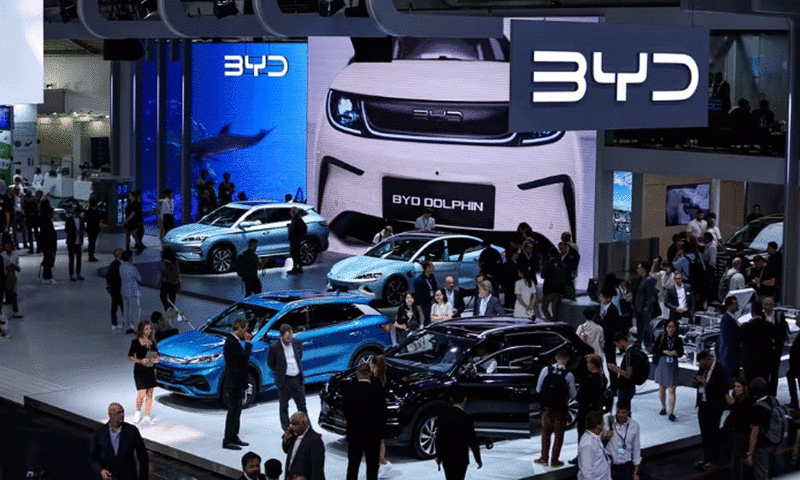A new scientific study has revealed the remarkable energy efficiency of the human brain, underscoring its superiority over even the most advanced artificial intelligence systems. Operating on just about twelve watts of power — roughly the same as a small LED light bulb — the human brain performs highly complex cognitive functions that still surpass AI in adaptability and efficiency. In comparison, training large-scale AI models such as ChatGPT-3 consumes staggering amounts of electricity. The energy required to train that system alone was equivalent to powering approximately 130 U.S. homes for an entire year. This vast consumption demonstrates the immense environmental footprint associated with artificial intelligence development. AI-generated content, including images and videos, further compounds the issue. Data centers that support these technologies not only rely on massive amounts of electricity but also consume vast quantities of water for cooling. Estimates show that such facilities use as much water each day as more than 4,000 Americans, emphasizing the hidden ecological cost of maintaining modern AI infrastructure. While artificial intelligence continues to make breakthroughs in computation and automation, it still falls short of replicating the brain’s versatility and efficiency. The human brain’s ability to multitask, learn continuously, and adapt to new environments remains unmatched. This comparison highlights that, despite AI’s growing capabilities, human cognition continues to lead in sustainability, energy efficiency, and environmental balance.








































